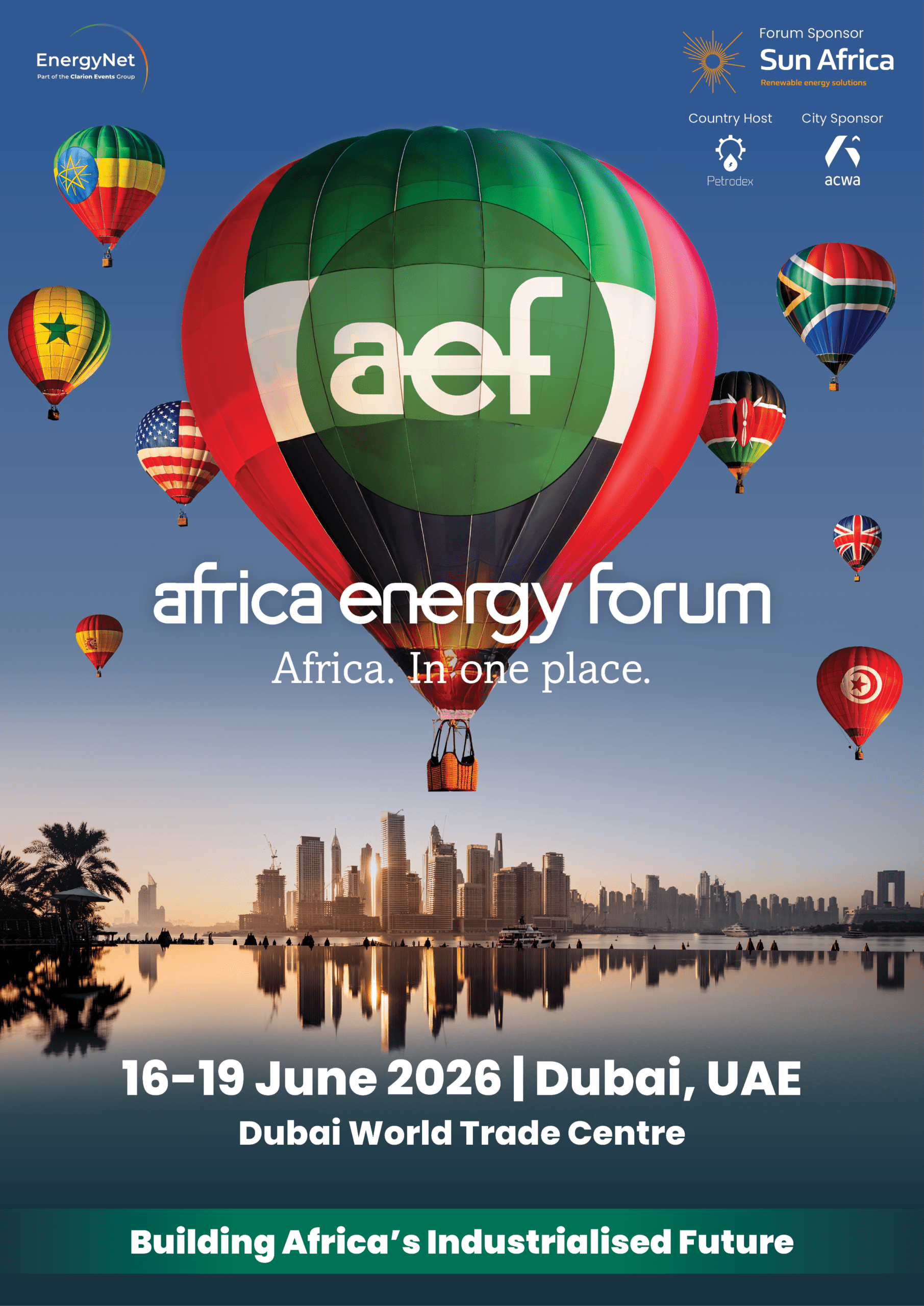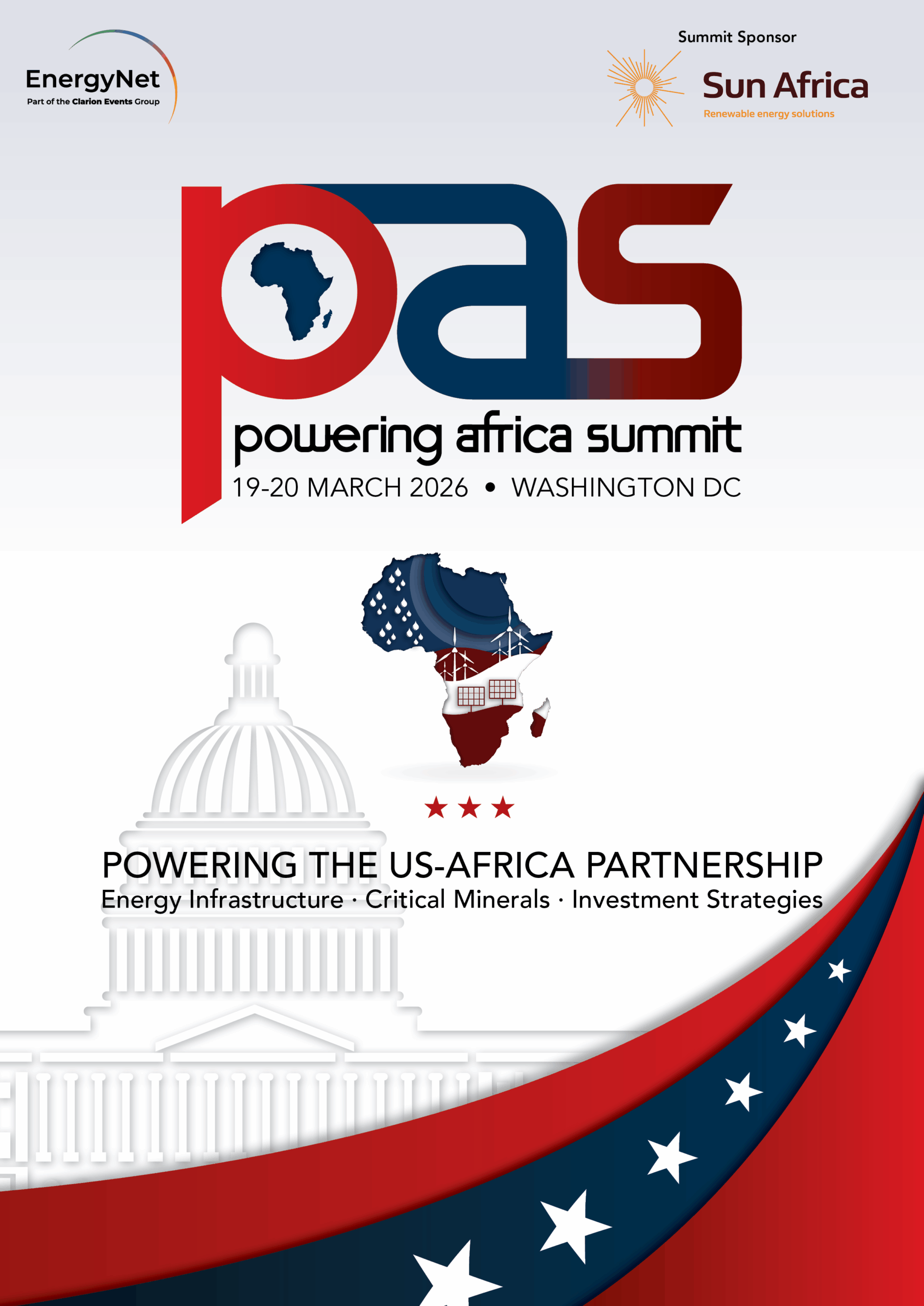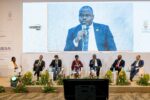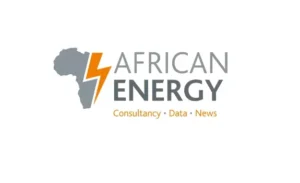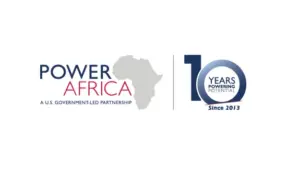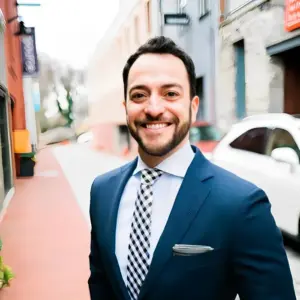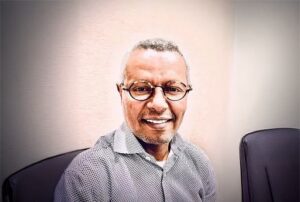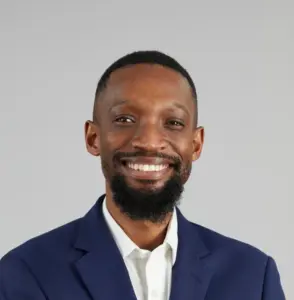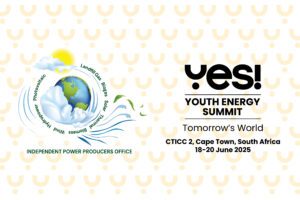
Youth at the Heart of Africa’s Energy Transformation – A Conversation with Daniel Aryee
Recognised as one of Africa’s leading voices for youth empowerment in the energy sector, Daniel Aryee serves as the African Union’s Strategic Programs Coordinator for Youth Empowerment in Energy, where he champions the inclusion of young Africans in driving the continent’s clean energy future. Through his work with the AU and other multilateral institutions, Daniel has helped advance frameworks like the African Single Electricity Market (AfSEM) and PIDA, promoting youth participation, innovation, and leadership across Africa’s energy landscape.
In this conversation with EnergyNet News Network (ENN), Daniel talks us through his mission to position youth at the heart of Africa’s energy transformation, the progress being made across national and continental levels, and how initiatives such as YES! On The Road Ghana is translating that vision into action. He also reflects on his personal journey, the lessons learned along the way, and his advice for the next generation of energy leaders.
What is your core mission in this role, and how do you plan to make an impact at both the national and continental levels?
My core mission as Strategic Programs Coordinator for Youth Empowerment in Energy is to help create an enabling ecosystem that positions young Africans at the heart of the continent’s energy transition under the able leadership of the Commissioner for Infrastructure and Energy, H.E Lerato D. Mataboge. This means ensuring that youth are not peripheral actors but central drivers in shaping, implementing, and benefiting from Africa’s energy policies.
At the continental level, my focus is to build a coherent framework that institutionalizes youth participation across AU energy initiatives, including the African Single Electricity Market (AfSEM) and the Programme for Infrastructure Development in Africa (PIDA). Through these frameworks, we are aligning policy instruments, financing mechanisms, and innovation pipelines to amplify youth leadership in clean energy and green industrialization.
At the national level, I aim to support Member States and Regional Economic Communities (RECs) to localize these frameworks, helping translate continental policy into practical programs that create jobs, enhance decision-making platform access and promote youth-led energy entrepreneurship. The vision is simple: to make the African youth the key driver of the continent’s energy transformation.
How do you see your work contributing to your community, the energy industry, and Africa’s broader development goals?
My work is driven by a belief that energy access is not just a development goal, but a human right and a platform for dignity. By empowering youth to participate meaningfully in the energy value chain, from innovation to governance; I hope to contribute meaningfully to more inclusive and sustainable growth at both community and continental levels.
In the energy constituency, I advocate for greater youth visibility in decision-making, policy design, and technology deployment. This strengthens the industry’s innovation ecosystem and accelerates Africa’s transition toward clean, affordable and resilient energy systems.
At the community level, it’s about unlocking local potential, equipping young policymakers, entrepreneurs and engineers to build context-specific solutions in renewable energy, off-grid technologies and energy efficiency.
This also directly aligns with Aspiration Six of Agenda 2063 and the African Youth Charter, which guides the development of meaningful opportunities for youth across the continent.
What advice would you give to the youth who aspire to follow a similar path to yours?
I would tell them: lead from where you are. You don’t need a title to start leading, you need purpose, discipline, and a spirit of service. Find a cause that connects your passion to Africa’s transformation and commit to it consistently.
Invest in your skills, especially in emerging areas like green technology, digital innovation, and policy advocacy. Be bold enough to occupy spaces where youth are often underrepresented, but humble enough to learn from those who came before you.
And remember, your journey will not always be linear. Stay anchored in your values, keep building networks of integrity and impact, and see every challenge as an opportunity to build resilience and vision.
Were there any key experiences, mentors, or turning points that helped shape your career journey?
My journey has been shaped by purposeful mentorship and strategic opportunities within the African multilateral space. My experience working with the African Union, UNIDO, and youth-focused platforms gave me early exposure to how governance, diplomacy and development intersect.
Mentors across these institutions encouraged me to think beyond programs and to design systems that outlive positions. A major turning point was recognizing that youth empowerment must evolve from events to institutional frameworks, systems and programs that guarantee inclusion, accountability, and sustainability.
These experiences affirmed my commitment to advancing structural transformation through youth-led innovation and policy influence.
What tools or resources have been most valuable in helping you advance your work and leadership skills?
Several tools have been indispensable:
- Strategic Policy Frameworks — Understanding and engaging with frameworks like African Youth Charter, Agenda 2063 (Specifically the 2nd Ten-Year Implementation Plan), PIDA, and AfSEM have provided a clear roadmap for aligning youth engagement with Africa’s long-term development vision.
- Digital Collaboration — Leveraging digital tools to connect youth innovators across borders has made coordination and knowledge-sharing far more effective.
- Mentorship and Peer Learning — I’ve gained immense value from networks that promote exchange across generations and sectors, whether in governance, climate, or entrepreneurship.
How would you advise youth attending YES! On The Road Ghana to make the most of this event?
My advice is simple: approach YES! On The Road Ghana with intention, curiosity, and community spirit. Don’t attend as a spectator, attend as a stakeholder.
Engage deeply, network meaningfully, and identify how your personal mission aligns with Africa’s development needs. Take advantage of every panel, mentorship session, and collaboration opportunity to refine your ideas and expand your partnerships.
Most importantly, leave the event with a concrete action plan, a commitment to translate inspiration into implementation. Africa’s story is being rewritten by its youth, and this event is one of the platforms where that rewriting begins.


